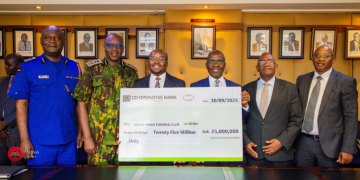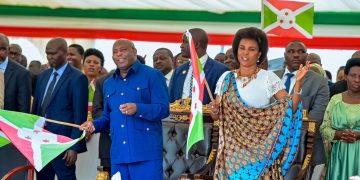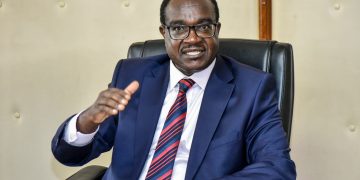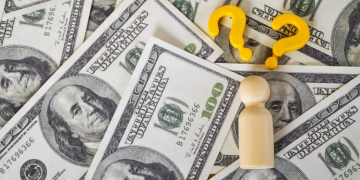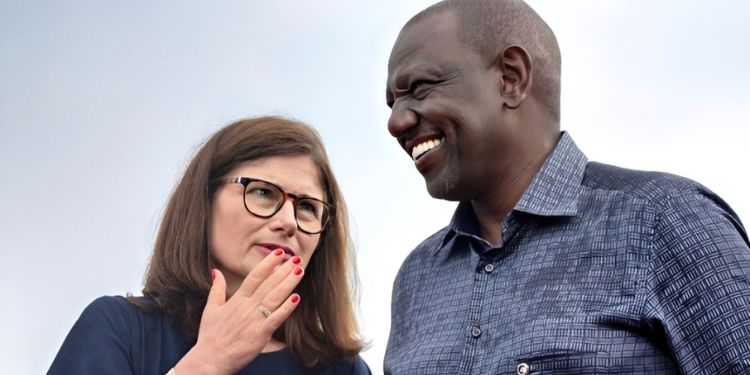Germany has signed a financing deal with Kenya to support the redevelopment of a 64-year-old Gogo Hydropower Plant.
Located in Migori County, the project is expected to spark economic growth in Western Kenya.
According to Treasury Cabinet Secretary (CS) John Mbadi, the agreement includes a €35 million (Ksh5.3 billion) sovereign loan from the German government, and a €20 million (Ksh3 billion) grant from the European Union (EU).
The total package is €55 million (Ksh8.3 billion).
“Western Kenya is destined for a serious industrial take-off following the signing of the Kenya-EU agreement to redevelop the Gogo Hydro Power Plant in Migori, aiming to upscale power generation from 2MW to 8.6MW,” Mbadi stated.
“Agreement contains €35Million sovereign loan from German Govt & €20Million grant from EU.”
Also Read: Germany Announces Fully Paid Scholarship With Stipend for Kenyans; How to Apply
Mbadi Explains the Use of Funds from Germany
According to the CS, the funds will be used to modernize and expand the Gogo Hydropower Plant, increasing its generation capacity from 2 megawatts (MW) to 8.6MW.
Further, the expansion will help stabilize energy supply across Migori and surrounding counties, where frequent outages and limited capacity have constrained households, small businesses, and industries for decades.
Mbadi said the redevelopment of the Gogo plant was long overdue, noting that the facility was first constructed in the 1950s and has struggled to meet modern energy demands.
The upgraded plant is expected to support the government’s plan to decentralize industrial growth beyond Nairobi and Mombasa.
“This plant was developed over 64 years ago, so we need to redevelop it and enhance its capacity from 2 megawatts to over 8.6 megawatts. So that is a major development which is going to generate a lot of energy.
“This country is struggling to meet its energy targets and our target is to deal with generation, transmission and distribution, and the three components are all very vital,” Mbadi said.
Also Read: IMF Announces End of Its Diagnostic Mission in Kenya
EU Pushes for Speedy Implementation
At the same time, European Union Ambassador to Kenya Henriette Geiger welcomed the agreement, highlighting the importance of quick delivery.
“This is only the first step. It is very important and I am looking forward to a speedy implementation. I hope to have groundbreaking and then the implementation of the project so that the impact can be seen on the ground as soon as possible,” Geiger said.
Kenya sources more than 70% of its electricity from renewable sources such as geothermal, wind, solar, and hydro according to the Energy and Petroleum Regulatory Authority (EPRA).
Follow our WhatsApp Channel and X Account for real-time news updates.
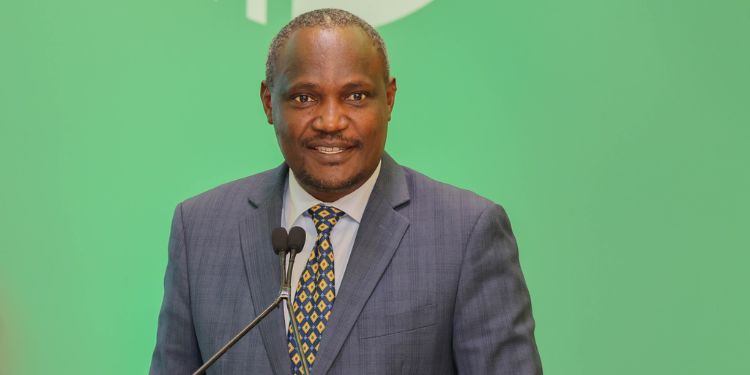

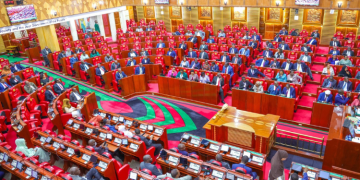
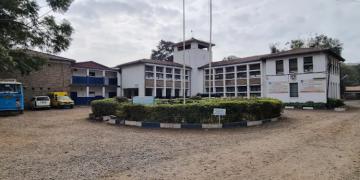





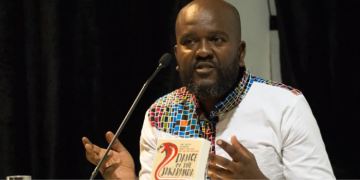










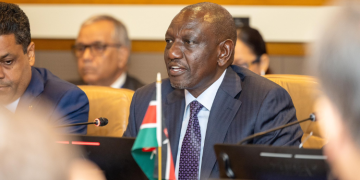
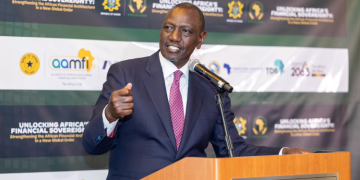
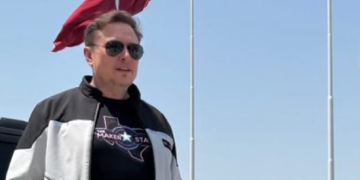
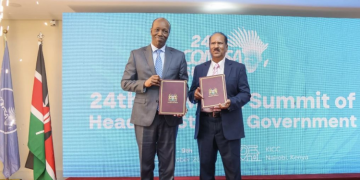
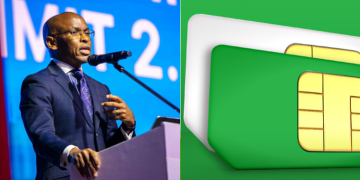
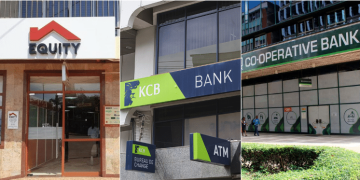

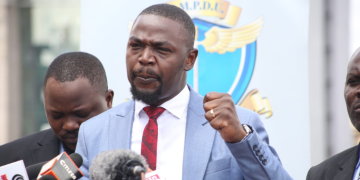

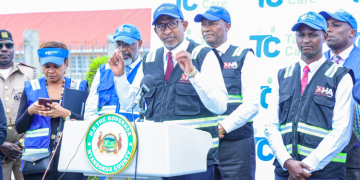



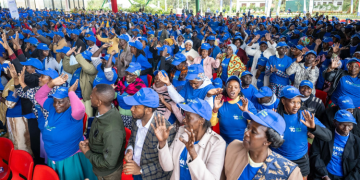




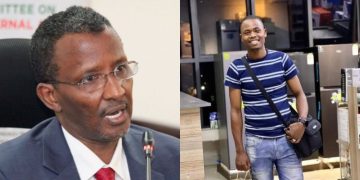

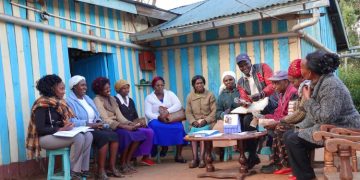
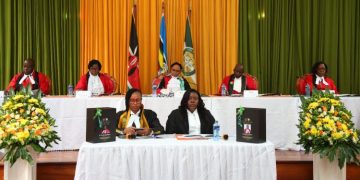



![Odemba Names Provisional Harambee Starlets Squad For 2026 Wafcon Qualifiers [Full Squad] Odemba Names Harambee Starlets Squad For 2026 Wafcon Qualifiers](https://thekenyatimescdn-ese7d3e7ghdnbfa9.z01.azurefd.net/prodimages/uploads/2025/10/odemba-2025-360x180.png)



